Host: if there is more appropriate place for this, please move it.
(Where has the year gone‼?)
Through the Night
To celebrate International Women's Day, Catriona Young presents music by women through the ages.
Composer of the Week
Barbara Strozzi. (1619 – 1677)
Lunchtime Concert
International Women's Day: live from the Royal College of Music, the Albany Trio perform works by Judith Bingham and Judith Weir, plus Rebecca Clarke's Piano Trio.
Judith Bingham: The Orchid and Its Hunters (world premiere)
Judith Weir: O Viridissima
Rebecca Clarke: Piano Trio.
Afrernoon on 3
Katie Derham presents a week of Afternoon on 3 featuring female composers in the run up to International Women's Day tomorrow. Today's programme includes music by Judith Bingham, Grace Williams and Lili Boulanger, featuring conductors Marin Alsop and Jessica Cottis. Plus the world premiere performance of Three Nocturnes by Vaughan Williams, and Nielsen's Symphony no.4. (Episode 1 of 3)
Radio3 in Concert
Live from the BBC's Maida Vale Studios. Music by contemporary women composers: Jessica Cottis conducts the BBC Symphony Orchestra, and Grace Rossiter conducts the BBC Singers.
The Essay
In the week of International Women's Day, five women tell us about their lives in music including what, and who, inspires them. Today, the mezzo-soprano Sarah Connolly talks about her career, her family, and the inspirational characters she has played.(Episode 1 of 5)
To begin with:
Record Review this Sunday
1045
As part of Radio 3's focus on International Women's Day, Helen Wallace joins Andrew to discuss a batch of discs by women composers including works by Elena Langer, Galina Grigorjeva and Pauline Viardot.
Early Music Show
Francesca Caccini: La liberazione di Ruggiero
(Where has the year gone‼?)
Through the Night
To celebrate International Women's Day, Catriona Young presents music by women through the ages.
Composer of the Week
Barbara Strozzi. (1619 – 1677)
Lunchtime Concert
International Women's Day: live from the Royal College of Music, the Albany Trio perform works by Judith Bingham and Judith Weir, plus Rebecca Clarke's Piano Trio.
Judith Bingham: The Orchid and Its Hunters (world premiere)
Judith Weir: O Viridissima
Rebecca Clarke: Piano Trio.
Afrernoon on 3
Katie Derham presents a week of Afternoon on 3 featuring female composers in the run up to International Women's Day tomorrow. Today's programme includes music by Judith Bingham, Grace Williams and Lili Boulanger, featuring conductors Marin Alsop and Jessica Cottis. Plus the world premiere performance of Three Nocturnes by Vaughan Williams, and Nielsen's Symphony no.4. (Episode 1 of 3)
Radio3 in Concert
Live from the BBC's Maida Vale Studios. Music by contemporary women composers: Jessica Cottis conducts the BBC Symphony Orchestra, and Grace Rossiter conducts the BBC Singers.
The Essay
In the week of International Women's Day, five women tell us about their lives in music including what, and who, inspires them. Today, the mezzo-soprano Sarah Connolly talks about her career, her family, and the inspirational characters she has played.(Episode 1 of 5)
To begin with:
Record Review this Sunday
1045
As part of Radio 3's focus on International Women's Day, Helen Wallace joins Andrew to discuss a batch of discs by women composers including works by Elena Langer, Galina Grigorjeva and Pauline Viardot.
Early Music Show
Francesca Caccini: La liberazione di Ruggiero
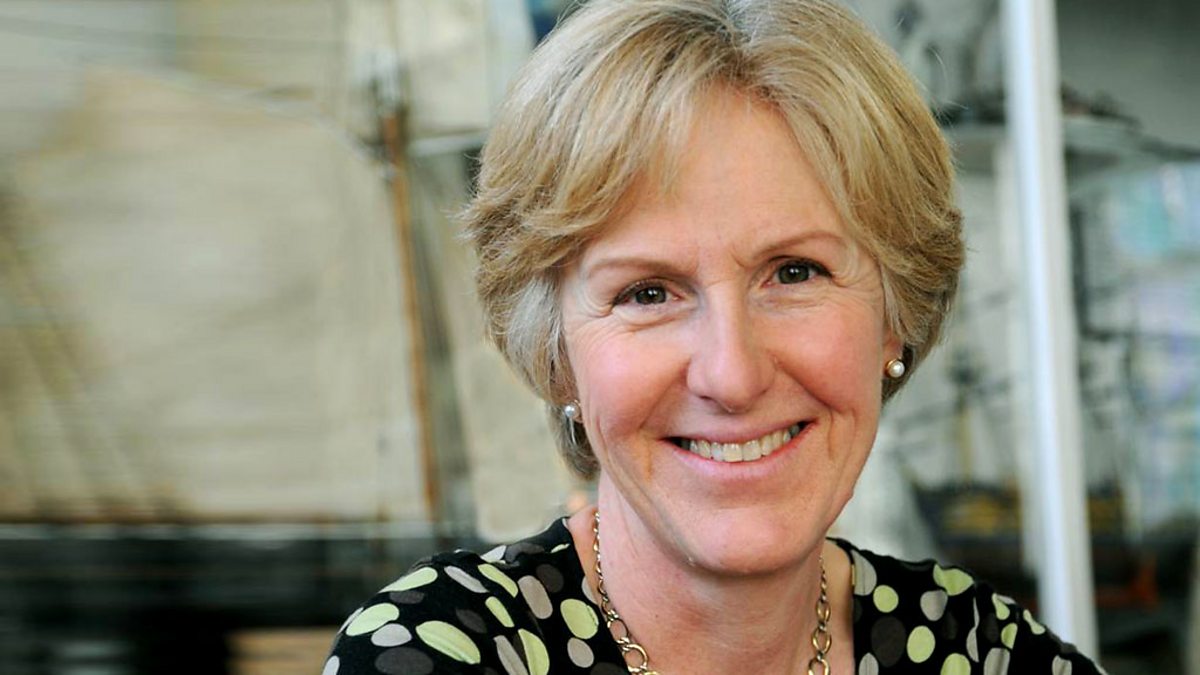

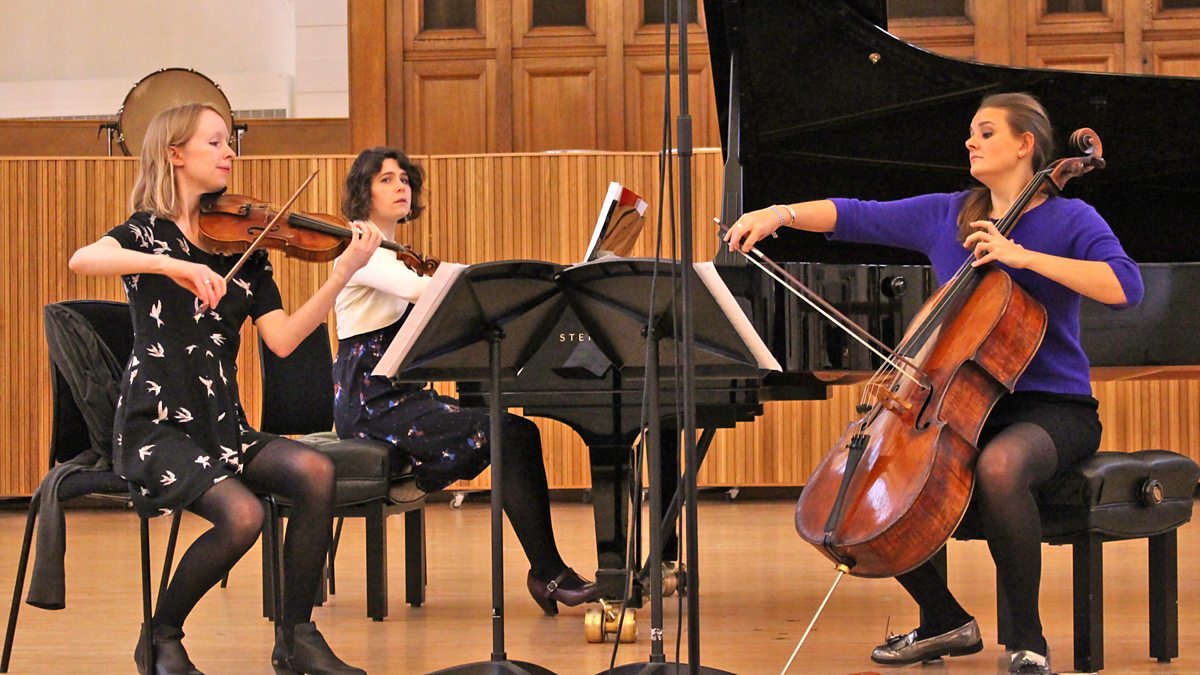
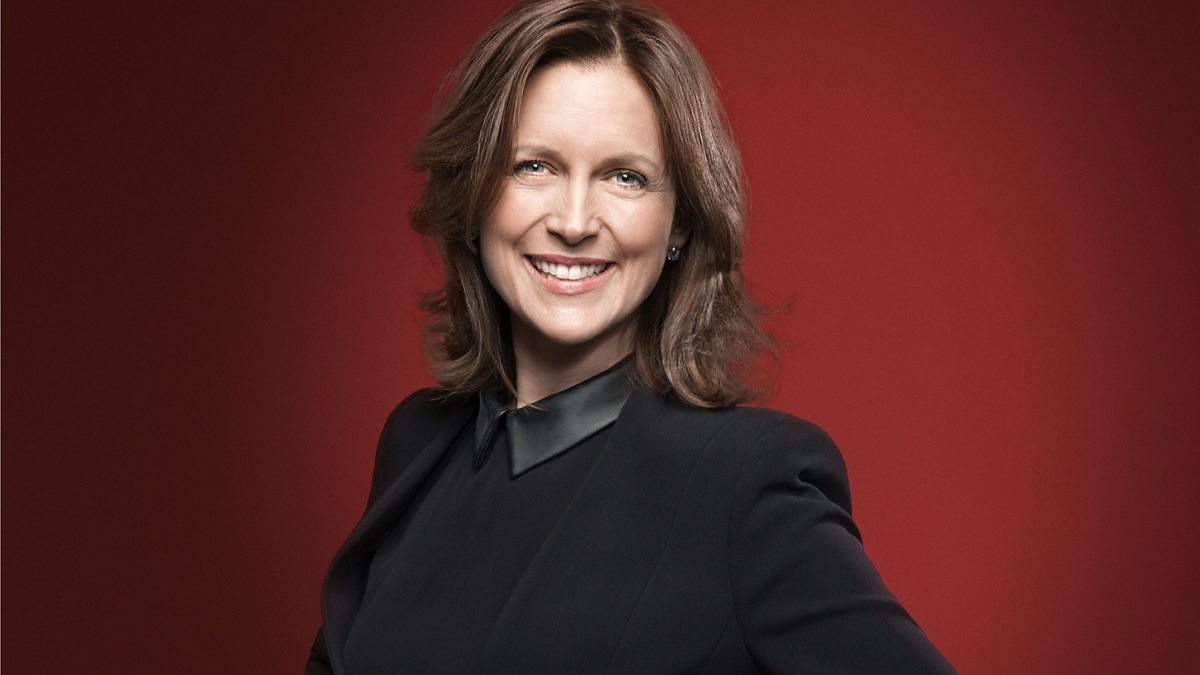
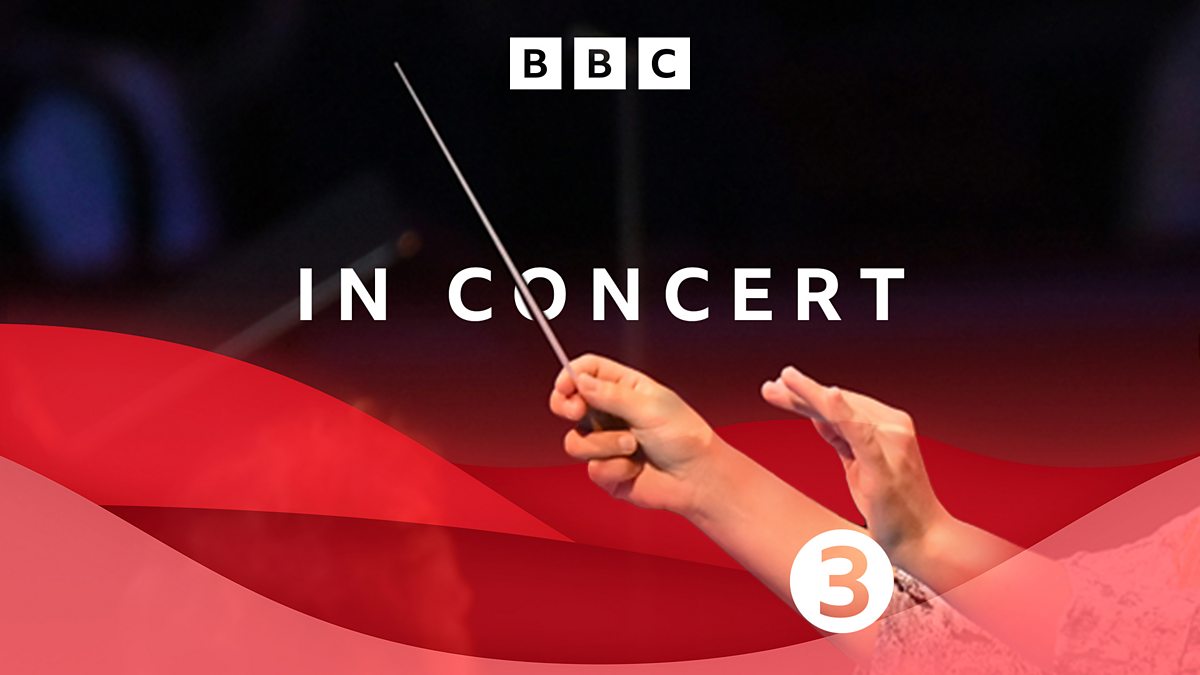
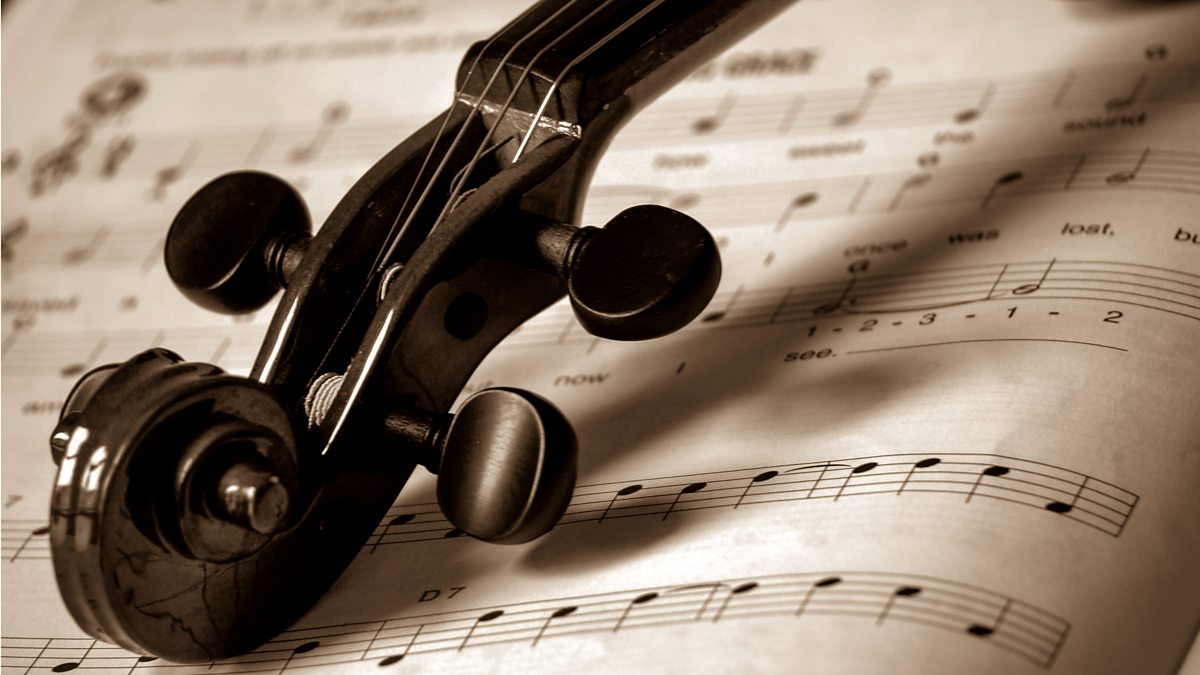




 ) political, so this shouldn’t be anything different. I welcome any excuse for R3 to be free from the usual Top Twenty and to let us hear something different.
) political, so this shouldn’t be anything different. I welcome any excuse for R3 to be free from the usual Top Twenty and to let us hear something different.
Comment